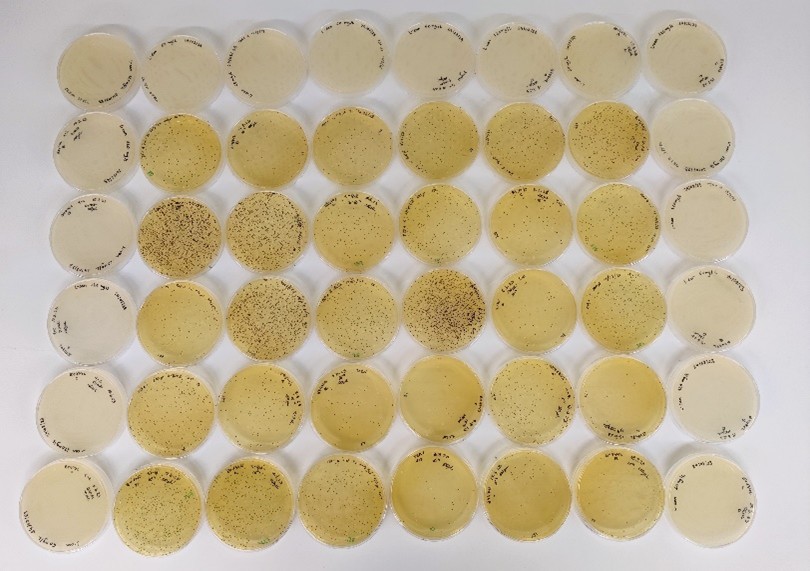Saccharomyces cerevisiae is one of the major model organisms for the study of molecular mechanisms related to human aging and disease, and is central to the discovery of important conserved longevity factors and pathways.
The two models used to study aging in S. cerevisiae are chronological lifespan and replicative lifespan. This project focuses on chronological lifespan, i.e., the measurement of the mean and maximum survival time of non-dividing yeast populations.
Previous investigations of yeast metabolism developed in a low background radiation environment, similar to that in the LSC, showed that these decreased radiation levels impair the biological defense of S. cerevisiae against radiomimetic chemical agents. However, no results of yeast chronological life span under these conditions have been reported. Therefore, the main objective of the project is to know the biological impact of low levels of background radiation on the chronological aging of yeast and on their mutation rate.


